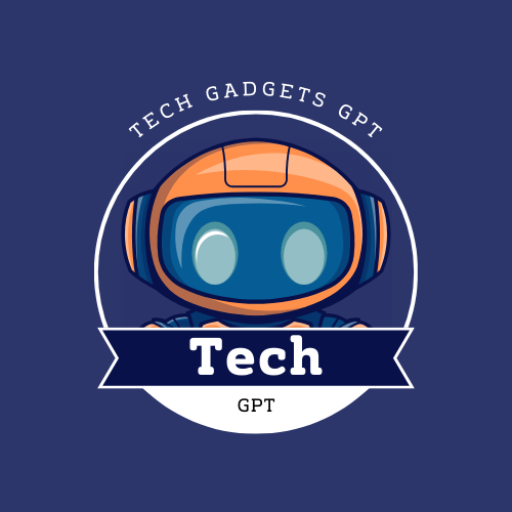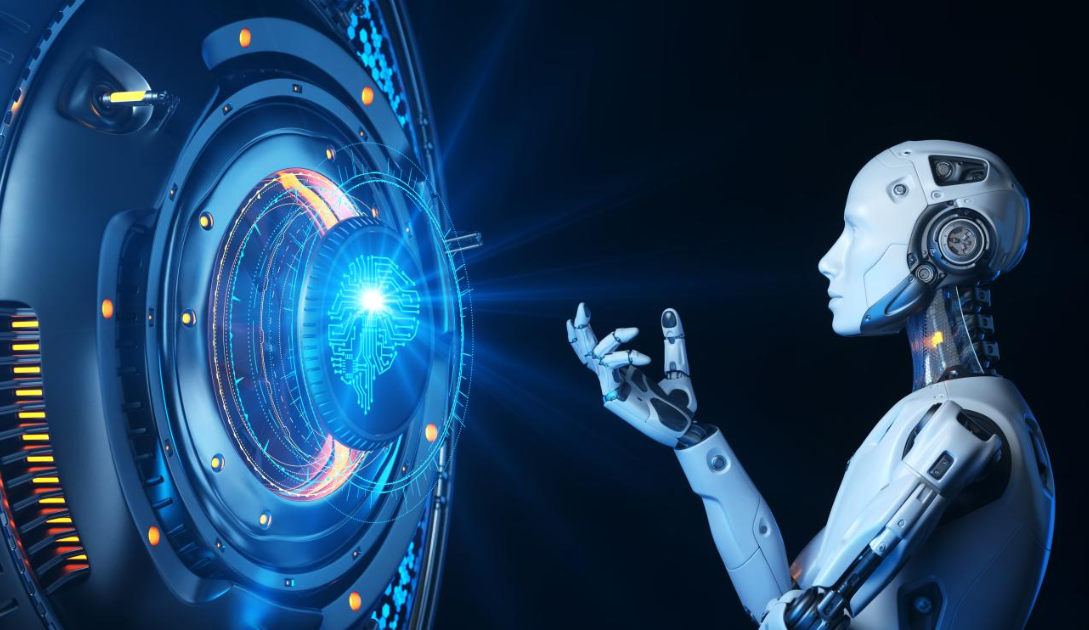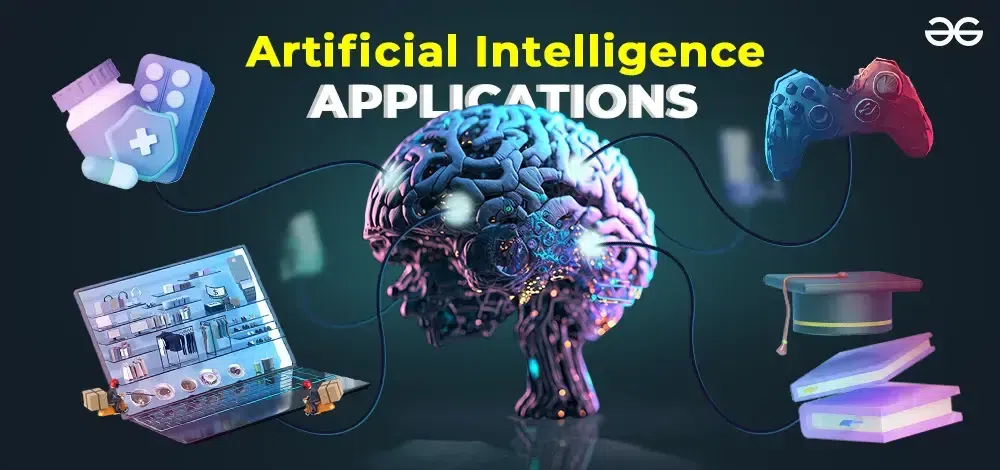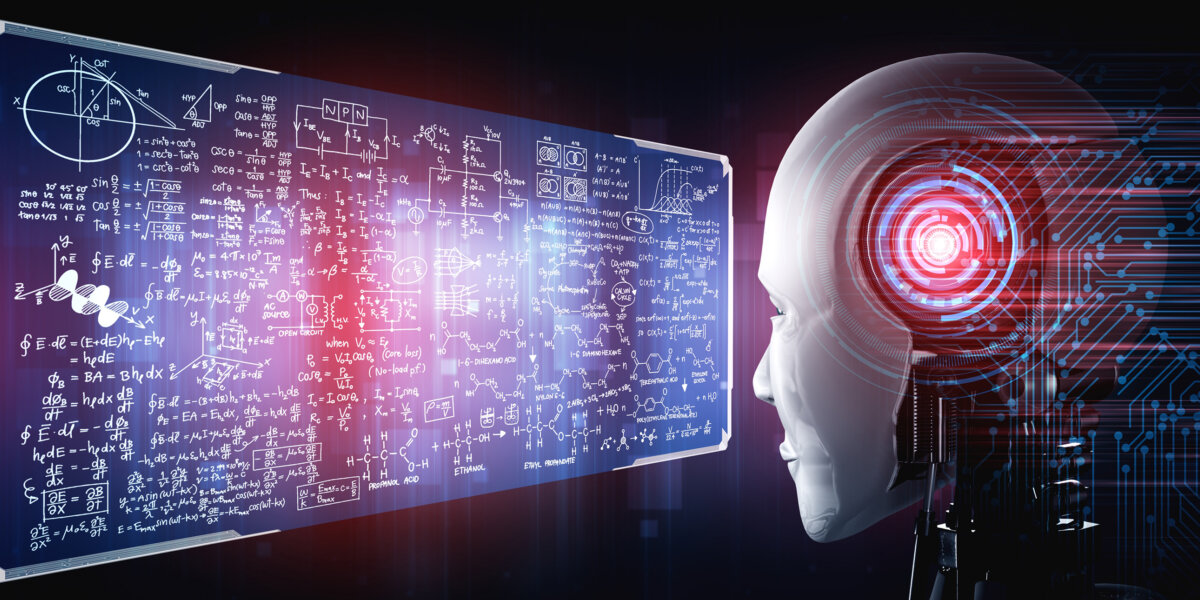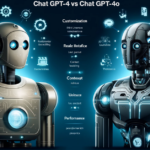AI is transforming human-technology interfaces since it focuses on the capacity of machines to acquire and understand patterns of specific tasks previously considered to require human cognition. AI replicates human thought processes to optimize processes across sectors, from speech and image recognition, decision-making, and problem-solving to most cognitive functions. It becomes dependent on the fundamentals of AI, such as machine learning, natural language processing, and computer vision, to analyze the data, decide on it, and adapt on its own. Artificial intelligence promotes advancements like intelligent assistants, robotic vehicles, and intelligent health care. A revolution in society is developing technology constantly, and the more data it can handle, the more qualitative choices it will make, thus improving all spheres of life: business and science.
latest AI technology 2025
Artificial intelligence continues to evolve rapidly, driving innovation across numerous sectors. The latest developments are reshaping industries, from advanced generative models that create realistic multimedia content to AI-powered systems transforming healthcare, cybersecurity, and automation. AI integration with quantum computing solves previously unsolvable problems, while multimodal AI enhances machine understanding by simultaneously processing multiple data types. These advancements push the boundaries of what AI can achieve, making it a powerful force for revolutionizing everything from creative industries to scientific research and everyday applications.
Therefore, AI technology has become unparalleled; it will be promoted to a height in 2025. Following are a few of the most exciting and metamorphosing AI technologies that are making waves this year:
Generative AI 2. 0
As for 2025, the generative AI models, including GPT and DALL-E, develop rather dramatically and become capable of generating not only texts but also images, music, and videos. These systems have evolved to create realistic multimedia content with challenging limits.
Impact: These advancements are revolutionizing creative fields like marketing and ads, entertainment, and design by delivering enhanced efficacy with greater personalization. The use of Artificial Intelligence in advertising can be seen as a valuable tool to the business world since it enables the creation of unique content such as advertisements, music, and visual content at astonishing speeds, not to mention the effectiveness of the creativity aspect as well as the innovative aspect of the entire process at relatively low costs. The end effect is better committed, targeted communication with the consumer.
AI-Augmented Human Collaboration
Human collaboration empowered marks a paradigm shift in how humans converse with the systems. Now, it is for advanced AI systems that can smoothly blend into organizational operations, thus augmenting and expanding human capacities by providing timely analytical results, forecasts, and user-friendly interfaces. These tools are not just current assistants but also intelligent partners who think of skilful co-workers.
Impact: This technology plays a significant role in increasing the capacity and output of different subsectors. AI provides more intelligence and reduces decision complexity in project management, design, and analytics fields. Hiring AI performs repetitive and tedious work and offers valuable data, freeing the professional to do more specialized, imaginative, and helpful work, delivering higher value for their organization.
Multimodal AI Integration
Multimodal AI integration for 2025 is the set of models that will be able to acknowledge a variety of information types, such as text, images, and sounds. This approach allows for full appreciation and engagement in more areas.
Impact: Multimodal deep learning systems use more data modalities and thus can deliver more in-depth and accurate information. It includes everything from enhanced virtual assistants and content generation to complex data analysis, improving both user experiences and dedicated decisions in numerous fields.
AI in Healthcare Diagnostics
AI advancement in healthcare diagnostics in 2025 has registered incredible progress, with algorithms enhanced to analyze image and patient data proficiently.
Impact: They improve diagnostic acumen, accelerate the therapy process, and improve a particular patient’s treatment plan. They use technology that includes artificial intelligence to help healthcare practitioners, for instance, in the early stage diagnosis of diseases. They protect tolerant health. They manage money in the health sector. They manage alternative forms of wealth in the health sector.
AI-Powered Autonomous Vehicles
As per the LDs’ reports, self-driving cars based on AI technology were identified as improved because they have better recognition and optimization heuristics for safety and effectiveness.
Impact: Such vehicles are revolutionizing the transport sector through enhanced safety from human factors, efficiency, and rebounding mobility. Improved Artificial Intelligence tools used in the vehicles allow self-driving cars to manoeuvre in complicated terrains, thus opening up the market for intelligent transport systems.
AI-driven robotics
Artificial intelligence and Robotics have advanced over the years in Manufacturing, Healthcare, Agriculture, and other sectors. Robots learn from environments and adapt to very distinct conditions. Higher AI enables robots to integrate better with human beings than they used to, so they become more intelligent and dynamic.
Impact: These developments have enabled man to become more productive, reduce time wastage, and reduce risks in dangerous operations or those prone to mistakes since these robots handle them. In manufacturing industries, they undertook the roles of the conveyor belt in the production lines; in healthcare industries, they undertook surgical operations and attended to patients. In agriculture, artificial intelligence-powered robots ensure the adjustment of the harvesting and monitoring of crops, making traditional methods obsolete.
Quantum-Enhanced AI
Quantum-enhanced AI integrates quantum computing with artificial intelligence to solve problems that classical computers cannot solve, such as maximizing big sets and molecular modelling.
Impact: AI aids in drug development. AI presents opportunities in cryptography. Quantum AI improves the pace of study and development, which may take significantly less time or remain vexing.
Ethical and Explainable AI
Ethical and Explainable AI aims to create explainable AI models, no matter how complex. It also covers the development of models that can describe decision-making processes.
Impact: Since bias and transparency issues are critical aspects of AI deployment, such practices enhance trust and the responsible application of AI. They assist organizations in adhering to laws and policies, thus creating a healthier attitude toward using artificial intelligence.
AI in Cybersecurity
AI in cybersecurity provides better and more efficient threat identification and tracing, using algorithms to quickly trace patterns of activity and abnormality.
Impact: Threat Intelligence Enhancements—These AI-driven systems enhance the capability to predict, identify, and mitigate cyber threats, ensure data security, and shield against emerging threats. More extraordinary security measures improved data security, reducing the risks of system malfunctioning.
AI-Boosted Natural Language Processing (NLP)
AI-NLP in 2025 means models that can comprehend and produce human language with comparable accuracy and thus almost mimic human cognition.
Impact: They bring better communication tools like advanced chatbots, optimized translation services, and sentiment analysis programs. AI-enabled NLP enhances the quality of users’ experience and access to relevant information in different channels.
AI in Environmental Monitoring
Overview: Researchers and engineers are gradually applying AI to measure and analyze data from sensors and satellites to establish the state of the environment, including climate change, depletion of natural resources, and environmental health.
Impact: These enhance wiser environmental policies and conservation, contributing to dealing with climate change and species loss. This bridge helps us examine natural resources more closely and have much better control over them, as with real-time monitoring.
Conclusion
The advancement in artificial intelligence technologies in 2025 is transforming many fields, such as Multimodal integration and healthcare diagnostics, Self-driving vehicles, and Quantum AI algorithms. These innovations augment human performance, optimize productivity, and solve some of the pressing socio-eco-political challenges of the world today. In the AI journey, its essential role is to solve the specific problem and enhance the industries for better outcomes to solve the challenging issues in the future where having humans and AI work together provides better results.
.

